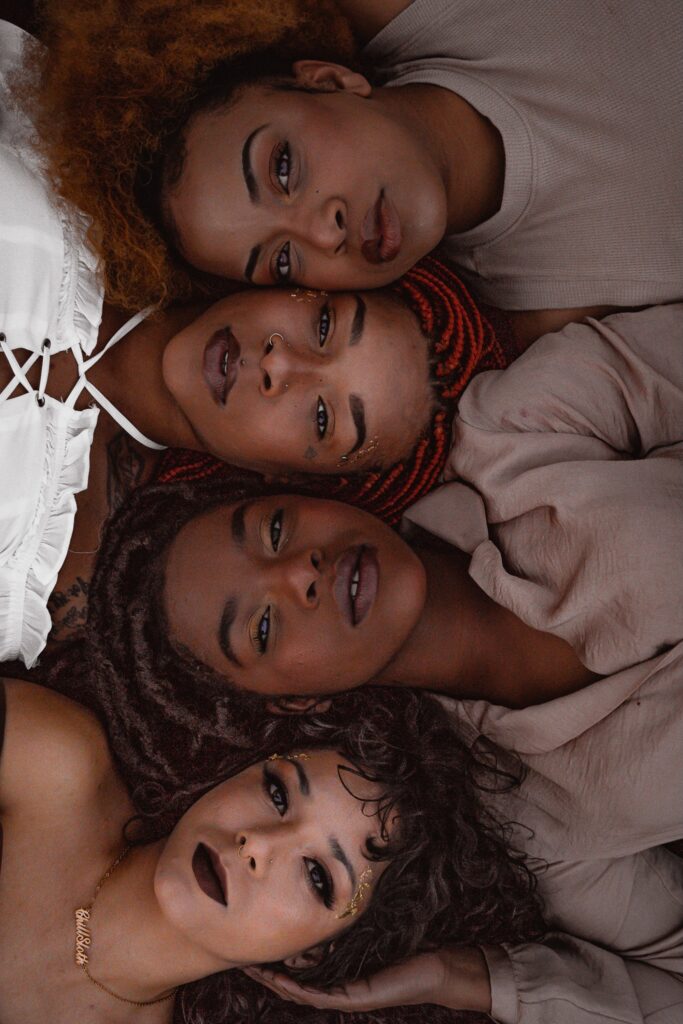By: Sydnee Walcott

Films provide an escape from reality among its viewers. Films exemplify life issues and include topics that everyone can relate to whether that is relationships, family, work, trauma, and health.
Spike Lee is a renowned filmmaker who uses his platform to explore thought-provoking themes throughout his films.
A common plot Lee likes to explore are issues pertaining to Black people such as racism, colourism, stigmas surrounding interracial relationships, and injustices within the system.
Malcolm X, Crooklynn, She’s Gotta Have It and Jungle Fever are some of the most popular Spike Lee films.
School Daze is another outstanding film directed and written by Lee.
Based on his experiences growing up as a student attending Morehouse College, the 1988 film touches on colourism, texturism, activism, and hazing while students navigate through their life at Mission College, a fictional-historical Black college.
Featured in this film are well-known actors and actresses including: Laurence Fishbourne, Giancarlo Esposito, Tish Cambell, Samuel L. Jackson, Jasmine Guy and Lee.
35 years later, and the themes the film navigates are still relevant over social media.
Outlined are some of the most prevalent issues School Daze touches on:

Colourism/Texturism
Often referred to as the ‘sister of racism,’ colourism is an issue since slavery and continues to be a challenge within the Black community. The majority of those who are impacted by colourism are dark-skinned Black women who often face ridicule. In comparison, women of a lighter complexion and/or racially ambiguous are often praised for their skin tone.
Texturism is also another prevalent issue within the Black community. While loose curly hair types and straight hair are deemed to be “acceptable,” kinkier hair types are often ridiculed and deemed as “bad hair.”
The Gamma Rays, known as a sorority tied to the Gamma Phi, and non-Gamma women argued with one another based on colourist and texturist reasons.
While the majority of the Gamma Ray sorority consisted of light-skinned women with straight or loose curly hair, the non-Gamma women consisted of predominantly dark-skinned women who wore their natural hair.
During an altercation in the hallway, the two sides exchange insults towards each others’ complexion and hair texture.
The arguing continues in a musical number where derogatory terms such as “good hair,” “nappy hair,” “wannabe,” and “jigaboo” were used.
The film showcases the negative implications associated with colourism and texturism, and how both these issues continue to overlap and pit Black people against one another.
Activism
Activism is a form of collective action that aims to resist social injustices targeted towards racialized communities that experience racism, sexual harassment, and arbitrary violence.
Movements such as the Civil Rights Movement and Feminism Movement are examples of movements that have a shared interest to fight against oppression.
Dap, the film’s protagonist, is a Morehouse student and young activist who wants to fight for equal treatment on behalf of everyone within the Black diaspora. The character is introduced when his boycott of apartheid in South Africa is interrupted.
His main goal is to mobilize students and faculty to participate in a movement against the Apartheid. Although most students are reluctant to participate due to being expelled, Dap manages to mobilize support and stand up for their freedom.
Just like every collective action movement, there are struggles and challenges that occur along the way. However, once people recognize the end-goal, it can help others realize what cause people are fighting for.
Hazing
Sororities and fraternities are supposed to bring people together and provide a sense of belonging for students as they navigate their journey through post-secondary school.
Joining a sorority or a fraternity can sometimes come with downsides. Some pledges are forced to go through hazing rituals that can be humiliating or dangerous. There have been many hazing incidents that have led to serious injuries or death.
Half-Pint, who is illustrated as Dap’s cousin, wants to join the Gamma Phi Gamma fraternity. He objects to his cousin’s views who believes those who join one are sellouts.
Half-Pint and the other pledges are forced to fish out rotting bananas from a toilet with their hands, to imitate dogs. Half-Pint was also challenged to sleep with the leader’s girlfriend.
Fraternities and sororities can have many positive outcomes. However, joining one should not put one’s health, reputation, or life at risk.
The movie may have aired 35 years ago, but the issues the film addresses are still relevant in today’s society.
People continue to be exploited for making colourist and/or texturist comments. Injustices are still rampant and pledges at post-secondary schools are still being subjected to hazing rituals.
However, the film’s message is still powerful and shows viewers that there is hope to break free from conforming to damaging school traditions.
Sydnee Walcott is a Copy / Contributing Editor for Black Voice. She is also a writer who likes to capture the essence when writing articles on a variety of topics.

